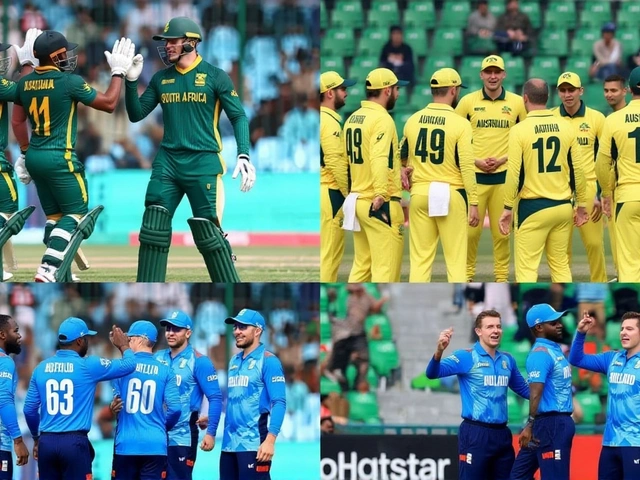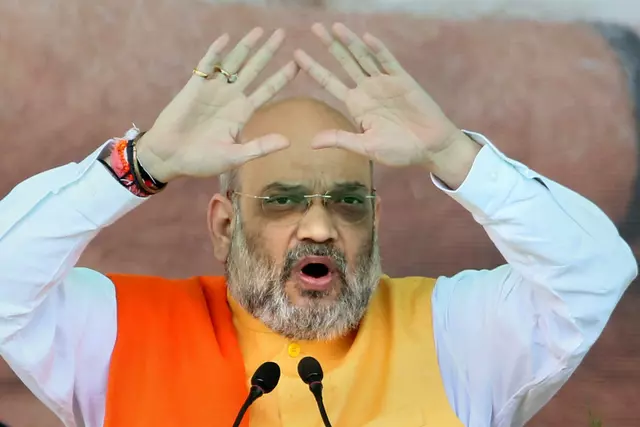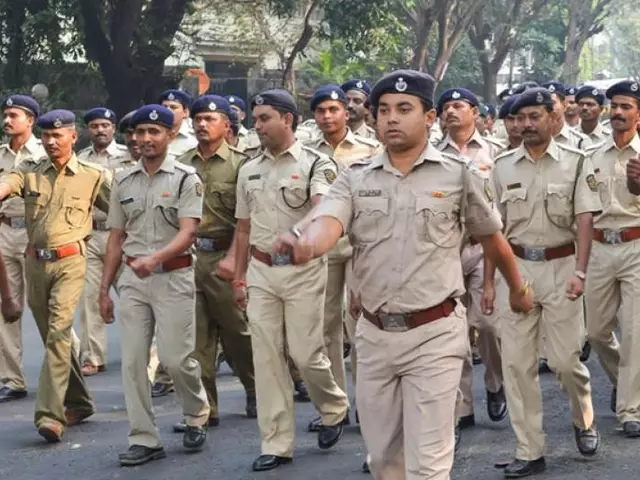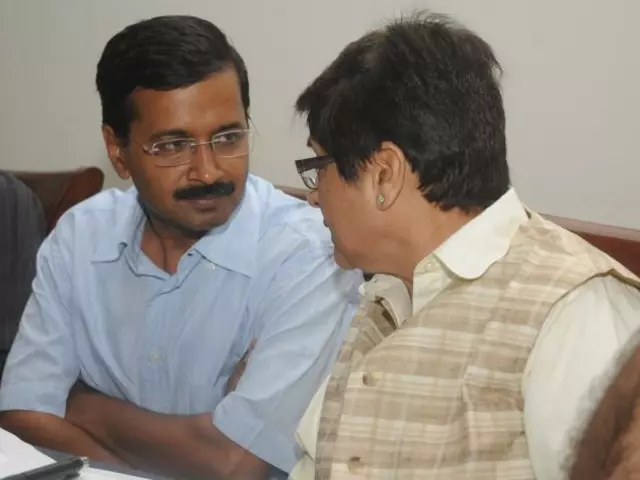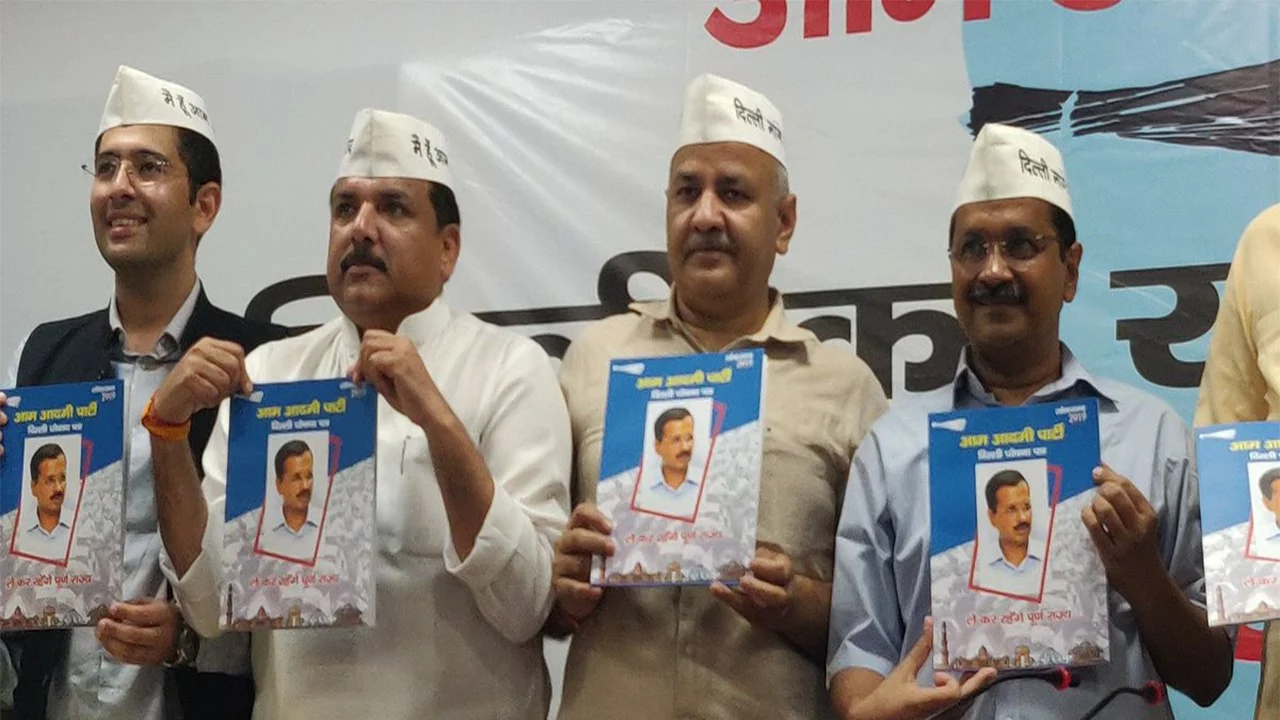 29
Mar,2023
29
Mar,2023
Exploring the Constitutional and Political Implications of Delhi Not Being a Full-Fledged State
Delhi is the capital of India, and it is one of the Union Territories of the country. But why can’t Delhi be a full-fledged state?
As per the Constitution of India, the Union Territories are administered by the President of India through an Administrator appointed by him. Delhi is one of the Union Territories, and it has its own Legislative Assembly and Council of Ministers. However, the Legislative Assembly does not have the power to make laws in certain areas such as public order, police, and land. This significantly limits the powers of the Legislative Assembly.
There have been many political debates in the past on making Delhi a full-fledged state. However, the Government of India has been reluctant to do so because it would mean giving up some of its administrative control over the city. Delhi is the political and administrative capital of India and the Government is not willing to give up its control over the city. This is one of the primary reasons why Delhi cannot be made a full-fledged state.
Apart from the political implications, there is also the issue of funding. Delhi is one of the most populous cities in India and it requires a lot of money to be spent on its infrastructure and civic amenities. If Delhi were to become a full-fledged state, it would require a lot of additional funds from the Central Government. This could put a strain on the resources of the Government and divert funds from other states.
Another factor that needs to be taken into consideration is the lack of a consensus among the political parties in Delhi. There is no clear agreement on the issue of making Delhi a full-fledged state. This has further compounded the problem and has made it difficult to reach any consensus.
The issue of Delhi not being a full-fledged state is a complex one and it involves several constitutional, political, and financial implications. It is not an easy task for the Government to make such a decision and it requires a lot of deliberation and consultation with all the stakeholders. Until a consensus is reached, it is unlikely that Delhi will become a full-fledged state.
Examining the Pros and Cons of Delhi Not Being a Full-Fledged State
Delhi, the capital of India, is a union territory that does not have the rights of a full-fledged state. This means that it does not have the same powers as other states, even if it is the national capital. While there are some advantages to this arrangement, there are also drawbacks. Let us examine the pros and cons of Delhi not being a full-fledged state.
Pros
One of the main advantages of Delhi not being a full-fledged state is that it can better serve as the capital of the country. As the capital, Delhi has to abide by the laws of the central government and cannot pass its own laws as a state would. This means that the central government can better oversee the functioning of the capital. It also removes the possibility of a state government taking decisions that could be detrimental to the country as a whole.
Another advantage is that it helps to ensure the security of the capital. As the capital, Delhi is home to the President and Prime Minister of India. It is also home to several government offices and embassies. By not making it a full-fledged state, it becomes easier for the central government to ensure the security of these installations.
Cons
One of the biggest drawbacks of Delhi not being a full-fledged state is that it cannot pass its own laws. This means that in cases where the central government’s laws are inadequate, Delhi cannot take its own decisions. This can lead to a lack of autonomy when it comes to taking decisions that could benefit the city.
Another disadvantage is that Delhi does not have the same rights as other states. This means that it does not have the same access to resources such as funds and personnel. This can lead to a lack of development in the city, as it does not have the same level of support as other states.
Lastly, the lack of statehood also means that Delhi does not have representation in the Rajya Sabha. This means that the city does not have a voice in the upper house of the Parliament. This can lead to a lack of representation of the city’s interests in national-level decision-making.
Analyzing the Challenges Faced by Delhi in its Quest to Become a Full-Fledged State
The question of why Delhi can't become a full-fledged state is one that has been debated for a long time. Delhi has a population of over 20 million, making it one of the most populous cities in the world. It is also the second-most populous state in India, after Maharashtra. Despite its size and population, Delhi is not a full-fledged state and is instead governed by the central government of India. So, why can't Delhi become a full-fledged state?
The primary challenge to Delhi's quest to become a full-fledged state is its status as a union territory. Delhi is a union territory, which means it is not a fully autonomous state and is instead governed by the central government. This means that the central government can pass laws and regulations that are applicable to Delhi, but Delhi cannot pass its own laws or regulations. This makes it difficult for Delhi to become a fully autonomous state, as it cannot make its own decisions on matters such as taxation and law enforcement.
Another challenge is the lack of financial resources. Delhi does not have its own government, and this means it does not have the ability to generate its own revenue. As a result, Delhi depends on the central government for its financial needs. This makes it difficult for Delhi to become a full-fledged state, as it is unable to raise the funds necessary to implement its own policies. Additionally, Delhi does not have access to the same resources as a full-fledged state, such as the ability to borrow funds.
Finally, there are political and social challenges to Delhi's quest to become a full-fledged state. Delhi has a diverse population, with many different ethnic and religious groups living in the city. This diversity creates a complex political landscape, and it can be difficult for any one group to gain a majority in Delhi's governing body. Additionally, there is a great deal of social tension in the city, with many different communities competing for resources and power. This can make it difficult for Delhi to reach a consensus on important matters, and this can prevent it from becoming a full-fledged state.
In conclusion, Delhi faces a number of challenges in its quest to become a full-fledged state. The primary challenge is its status as a union territory, which prevents it from being able to pass its own laws and regulations. Additionally, Delhi lacks the financial resources to become a fully autonomous state, and there are also political and social issues that can hamper its progress. Despite these challenges, Delhi remains hopeful that it can one day become a full-fledged state.
